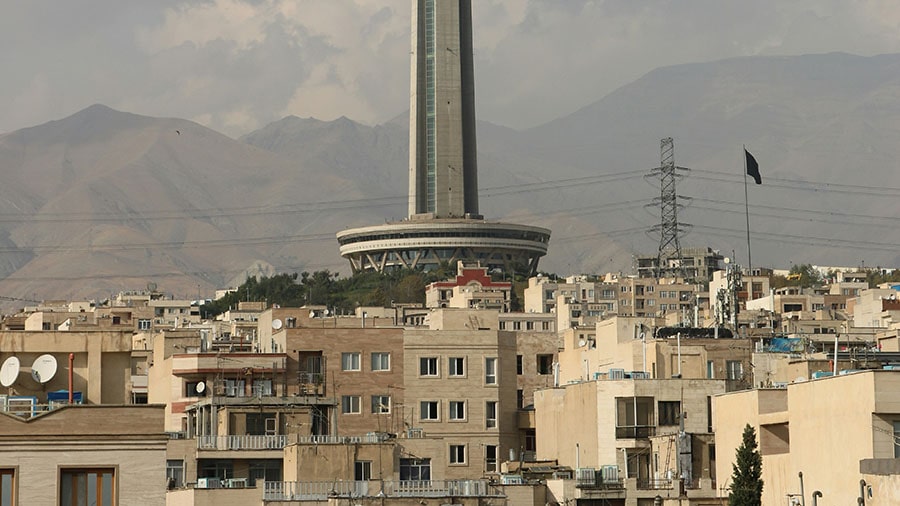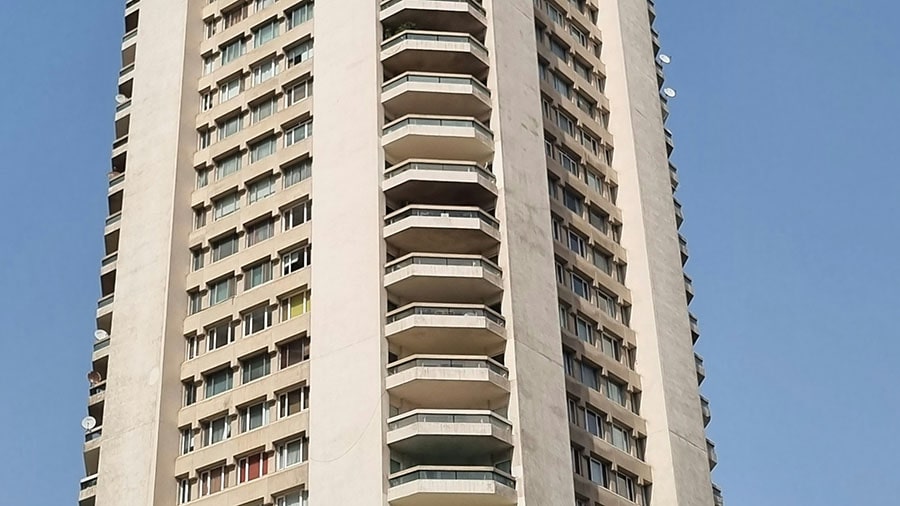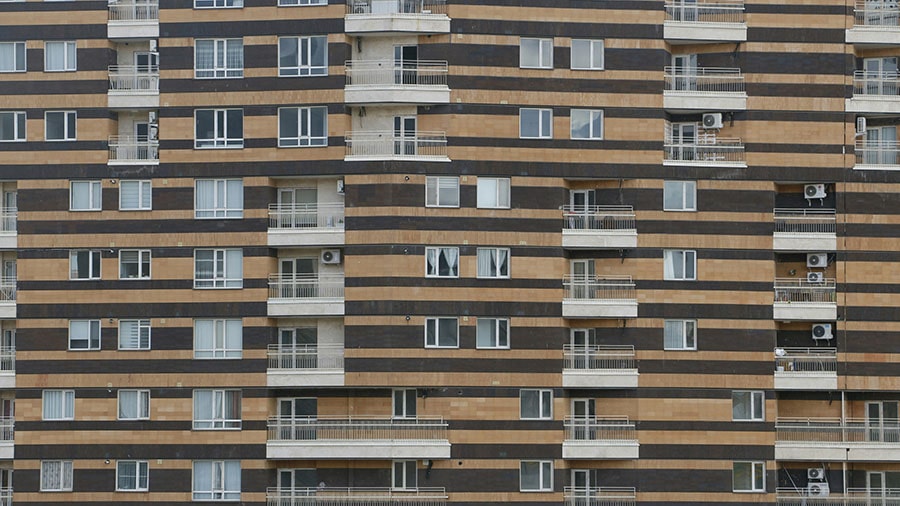Introduction to Iran's Real Estate Market
Iran's real estate market presents unique opportunities for foreign investors, with relatively low property prices compared to regional markets and a growing construction sector. However, navigating the legal framework requires careful attention to local regulations and procedures.
The Iranian government has been implementing policies to attract foreign investment in recent years, including in the real estate sector. While restrictions exist, particularly regarding agricultural land and heritage properties, there are numerous opportunities in urban residential and commercial developments.
Current Construction Practices in Iran
Modern Construction Techniques
Iran's construction industry has evolved significantly, incorporating both traditional methods and modern technologies. Major cities like Tehran, Isfahan, and Mashhad feature contemporary architectural designs alongside historical structures.
Common Building Materials
- Structural: Reinforced concrete is the predominant structural material for modern buildings
- Exterior: Brick, stone, and various cladding materials
- Traditional: Adobe and brick in older or historical constructions
Construction Standards and Regulations
Iran has implemented national building codes that address:
- Seismic safety requirements (critical in this earthquake-prone region)
- Electrical and plumbing standards
- Energy efficiency regulations
- Accessibility guidelines
All construction projects must receive approval from municipal authorities and comply with local zoning regulations.

Legal Framework for Foreign Property Ownership
Basic Rights and Restrictions
Foreign nationals are generally permitted to purchase property in Iran, with some important restrictions:
- Foreigners cannot inherit property (properties must be sold and proceeds repatriated)
- Agricultural land and properties of historical significance cannot be purchased by foreigners
- Properties near borders or military installations may have additional restrictions
Reciprocity Principle
Iran applies a reciprocity principle—citizens of countries that allow Iranians to purchase property typically enjoy the same rights in Iran. Many European, Asian, and Middle Eastern nationals qualify under this principle.
Required Documentation
Foreign buyers typically need to provide:
- Valid passport with Iranian visa
- Tax identification number from home country
- Proof of funds source
- Completed application forms from the Iranian Registration Organization

Important Legal Update (2023)
Recent amendments to foreign investment laws have streamlined the property purchase process for foreigners. However, all transactions must be registered with the Iranian Department of Deeds and Properties (سازمان ثبت اسناد و املاک کشور) to be legally valid.
Step-by-Step Property Purchase Process
1. Preliminary Research
Identify suitable properties through real estate agencies, online portals, or personal networks. Consider location, property type, and budget constraints.
2. Legal Verification
Conduct thorough due diligence on the property's legal status, including:
- Title deed verification
- Checking for any encumbrances or liens
- Confirming zoning and usage regulations
3. Negotiation and Preliminary Agreement
Once a suitable property is identified, negotiate terms and sign a preliminary purchase agreement, typically accompanied by a deposit.
4. Obtaining Necessary Permissions
Submit application to the Iranian Registration Organization for foreign ownership approval. This process typically takes 2-4 weeks.
5. Finalizing the Transaction
Upon approval, complete the payment and sign the final contract at the Registration Organization office. Both parties must be present with witnesses.
6. Registration
The transaction is officially registered, and the new title deed is issued showing foreign ownership.

Financial Considerations
Transaction Costs
| Item | Approximate Cost | Responsible Party |
|---|---|---|
| Registration fee | 0.5-1.5% of property value | Buyer |
| Real estate agent commission | 2-3% (typically split) | Buyer and Seller |
| Legal fees | 0.5-1% | Buyer |
| Taxes | Varies based on property type | Buyer/Seller |

Currency Regulations
All property transactions must be conducted in Iranian Rials. Foreign buyers should be aware of exchange regulations and plan for currency conversion through authorized banks.
Financing Options
Mortgage options for foreigners are limited. Most purchases require cash payments or financing arranged from outside Iran.
Regional Considerations
Tehran Market
As the capital, Tehran offers the most dynamic market with the highest prices. Northern districts like Elahieh, Tajrish, and Zafaraniyeh command premium prices.
Other Major Cities
Isfahan, Shiraz, Mashhad, and Tabriz offer more affordable options with strong cultural and historical significance.
Tourism Centers
Properties in tourism centers like Kish Island, Qeshm, and Mashhad have specific regulations and potential for rental income.
Practical Advice
Engage a local attorney specializing in real estate transactions for foreigners. While many Iranians speak English, all legal documents will be in Farsi, requiring certified translations for non-Persian speakers.
Future Outlook and Investment Potential
Iran's real estate market has shown resilience despite economic fluctuations. Factors influencing future market trends include:
- Urbanization trends and population growth in major cities
- Government policies on foreign investment
- Economic developments and international relations
- Infrastructure projects improving connectivity
Long-term investors may find particular value in commercial properties and residential developments in growing urban centers.
Resources and Further Information
Government Agencies
- Iranian Registration Organization (سازمان ثبت اسناد و املاک کشور)
- Ministry of Roads and Urban Development (وزارت راه و شهرسازی)
- Central Bank of Iran (بانک مرکزی ایران) for currency regulations
Professional Services
When engaging professionals, look for:
- Attorneys with experience in foreign property transactions
- Certified real estate agents
- Registered translators for document preparation
Disclaimer: This information is provided for general guidance only. Regulations and procedures may change. Always consult with qualified legal and real estate professionals before making property investment decisions in Iran.

